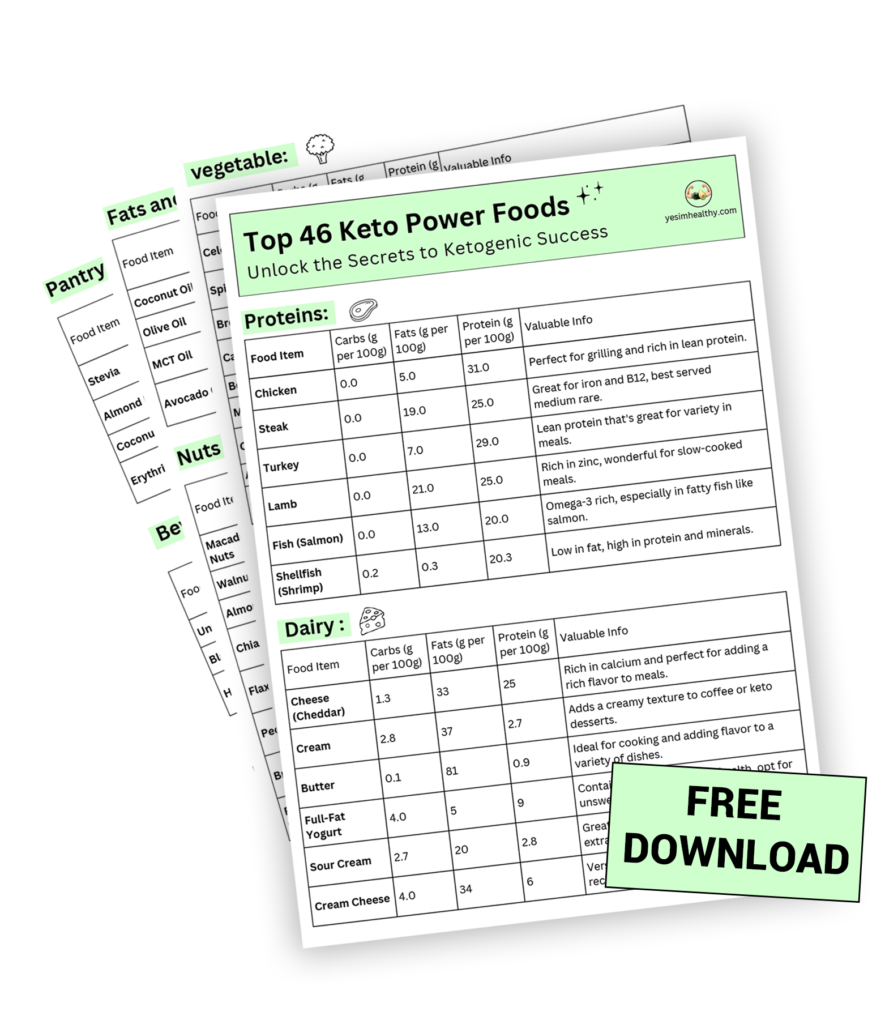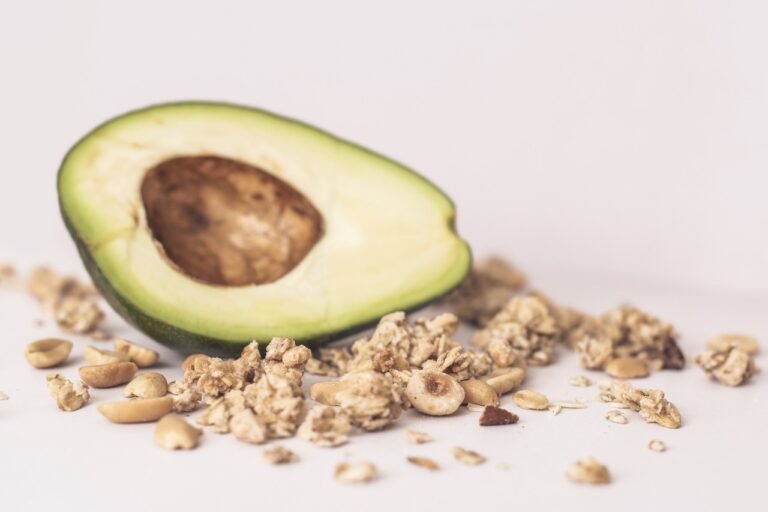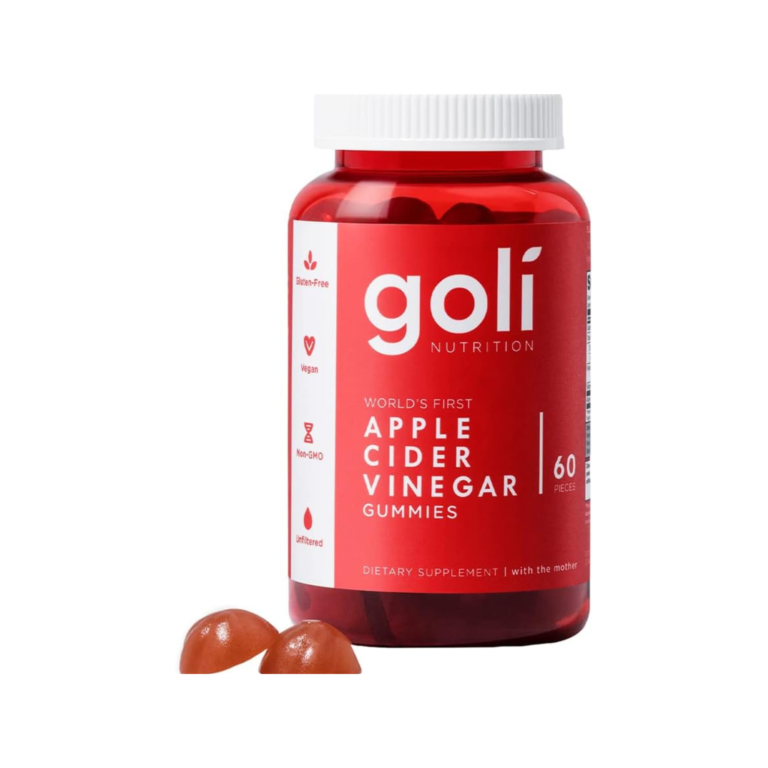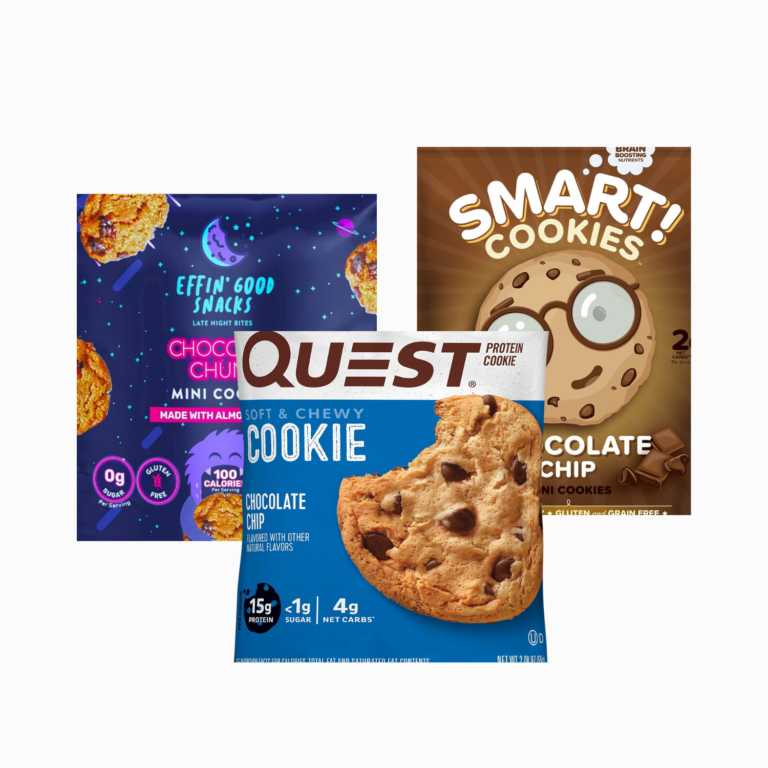Keto Diet: A Comprehensive Guide for Beginners
 Starting a new diet can be a challenge. With the overwhelming amount of information available, it’s easy to feel lost. The ketogenic (or keto) diet has garnered much attention for its potential health benefits, but where does one begin? This guide offers a comprehensive overview to kickstart your keto journey.
Starting a new diet can be a challenge. With the overwhelming amount of information available, it’s easy to feel lost. The ketogenic (or keto) diet has garnered much attention for its potential health benefits, but where does one begin? This guide offers a comprehensive overview to kickstart your keto journey.
What is the Ketogenic Diet?
The ketogenic diet is a low-carb, high-fat, moderate-protein diet. It shifts your body’s primary fuel source from carbohydrates to fats. Instead of burning glucose for energy, the body enters a state called ‘ketosis,’ where it burns fat for fuel.
The Science Behind Ketosis
When you dramatically reduce your carb intake, your body needs to find an alternative fuel source. Stored fat is broken down into molecules called ketones. When the level of ketones is elevated in the blood, you enter a state called ketosis, signaling that your body is primarily burning fat for energy.
Benefits of Going Keto
- Weight Loss: By using fat as an energy source, the body burns through stored fat more efficiently.
- Improved Energy: Fat is a consistent energy source, leading to fewer energy crashes than carbs.
- Brain Health: Ketones are a potent fuel for the brain, potentially improving focus and mental clarity.
- Blood Sugar Control: Lower carb intake can lead to stabilized blood sugar levels.
Potential Long-Term Benefits
- Heart Health: There’s evidence that a keto diet can improve triglyceride levels and cholesterol levels most associated with arterial buildup.
- Reduced Risk of Certain Cancers: Researchers are examining the diet’s potential as an adjunctive cancer treatment.
- Neurological Diseases: Preliminary research indicates benefits against diseases like Alzheimer’s and Parkinson’s.
Getting Started: What to Eat
Foods to Enjoy:
- Fats: Avocado, olive oil, coconut oil, butter.
- Proteins: Beef, chicken, fish, eggs.
- Vegetables: Leafy greens, broccoli, cauliflower.
- Dairy: Cheese, heavy cream.
Foods to Limit:
- Sugars: Sweets, sugary drinks.
- Grains: Wheat, rice, oats.
- High-carb fruits: Bananas, oranges.
- Starchy vegetables: Potatoes, corn.
Meal Planning and Keto Recipes
Starting any diet can be challenging, especially when unfamiliar with the food choices. Here are some basic meal ideas:
- Breakfast: Avocado and egg bake, keto pancakes.
- Lunch: Spinach salad with grilled chicken, zucchini noodles with pesto.
- Dinner: Grilled salmon with asparagus, cauliflower rice stir-fry.
Tips for Keto Success
- Stay Hydrated: Ketosis can lead to dehydration. Drink plenty of water.
- Electrolytes: Ensure you’re getting sodium, potassium, and magnesium to avoid imbalances.
- Avoid ‘Keto Flu‘: Some experience flu-like symptoms when starting. Stay nourished and consult a healthcare professional if needed.
- Track Macros: Use apps or journals to track your carb, protein, and fat intake.
Challenges and How to Overcome Them
- Carb Withdrawal: Initially, you might crave carbs. Combat this by eating more fat and protein.
- Eating Out: Research the restaurant’s menu beforehand. Stick to meat, cheese, and veggie options.
Supplements to Consider
- MCT Oil: A type of fat that’s rapidly absorbed and can be used as a quick energy source during ketosis.
- Exogenous Ketones: Can aid in transitioning into ketosis faster.
- Magnesium: To prevent muscle cramps.
- Omega-3 Fatty Acids: To optimize heart health and reduce inflammation.
Different Variations of the Keto Diet
- Standard (SKD): This is a very low-carb, moderate-protein, and high-fat diet.
- Cyclical (CKD): Involves periods of higher-carb refeeds, like 5 ketogenic days followed by 2 high-carb days.
- Targeted (TKD): You can add carbs around workouts.
Common Misconceptions
- It’s All Meat: While protein is essential, the focus is on fats. Vegetables play a key role.
- Ketosis is Dangerous: Ketosis is a natural metabolic state. It’s different from ketoacidosis, a severe condition.
In Conclusion
Embarking on the keto journey requires dedication and understanding. It’s not merely a diet but a lifestyle change. As with any diet, individual experiences may vary, so it’s crucial to find what works best for you and consult healthcare professionals along the way. Remember, the goal isn’t just weight loss but overall well-being.






